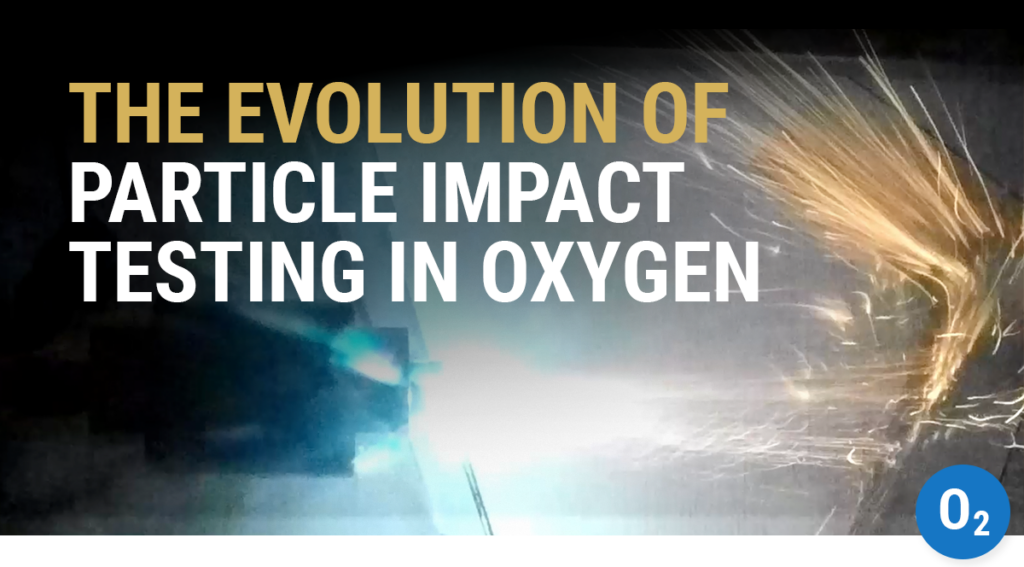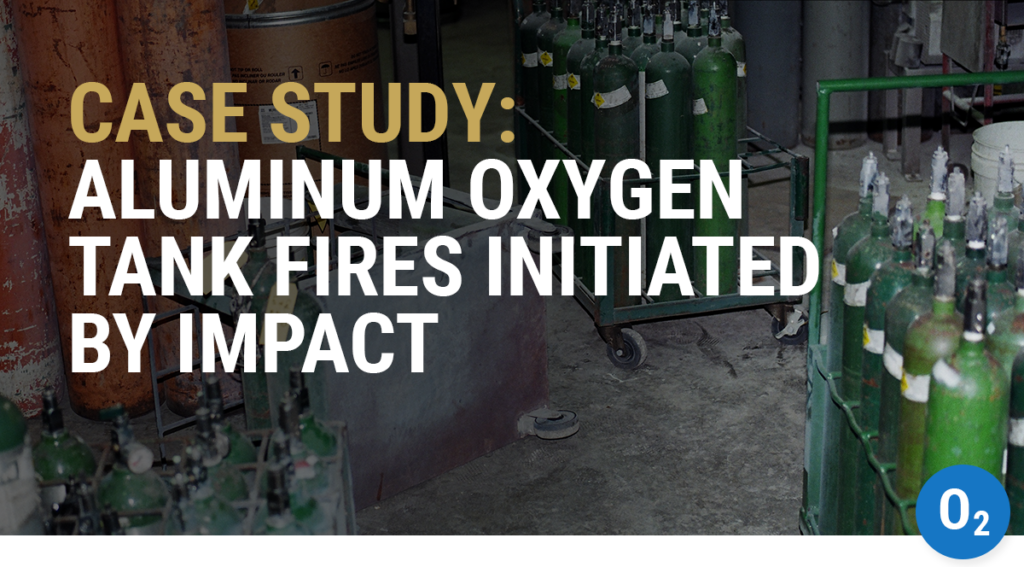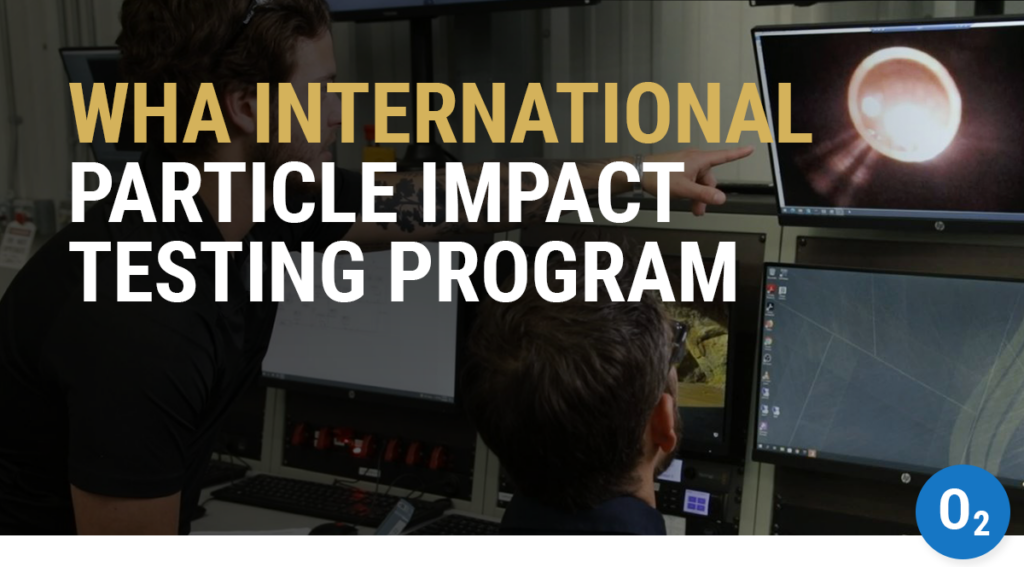Our custom test services provide solutions when clients’ needs exceed the requirements defined by established standards. We offer a range of unique yet adaptable tests, and whenever necessary, our experienced engineers are also capable of developing entirely new test systems to meet your needs. Over decades of experience, several of our past custom tests have actually evolved into industry standards, influencing new tests and regulations around the world.
Custom tests can include high-energy testing, performed at the WHA remote test site, our large-scale, safety-engineered testing area. We also have a unique industry liaison relationship with NASA’s White Sands Test Facility, providing testing solutions that exceed our own in-house capabilities.
Contact us to learn more about the custom solutions available to you. We understand these fluids can be unpredictable, but we can help you study and mitigate hazards by optimizing testing options to meet your unique needs.
Custom Testing Capabilities
WHA maintains test capabilities to evaluate flammability, ignitability, and performance of materials, components, and systems or to evaluate understudied or complex hazards with various hazardous fluids. WHA’s existing test infrastructure facilitates testing over a range of temperatures from high temperature to cryogenic conditions and from atmospheric pressure to greater than 10,000 psig.
Examples of custom tests WHA has previously performed include:
Custom Oxidizer Tests
- High and low-pressure auto-ignition temperature (AIT) testing (e.g., oxygen, nitrous oxide, compressed air)
- Minimum ignition energy of metals tests (e.g. oxygen)
- Electro-static discharge (ESD) ignition energy of non-metals tests (e.g. oxygen)
- Decomposition (e.g., nitrous oxide)
- Mechanical Impact (e.g., nitrous oxide, liquid oxygen and liquid nitrogen mixtures)
Particle Impact Ignition Testing
WHA has developed particle impact test systems to subject materials and components to particle impacts in oxygen and nitrous oxide. This exciting test capability allows engineers to evaluate their component’s resistance to particle ignition at their specific conditions of interest. The following test variables can be customized, and WHA can help select the most appropriate test settings for your applications.
- Steady-state or transient conditions
- Particle material, size, quantity, shape
- Test pressure(s)
- Gas velocity
- Test article temperature
The test systems include particle ignition detection technology to evaluate whether particles ignited and help estimate average particle velocities.
Custom Hydrogen Tests
- Fast transfill tests
- Component integrity and leak testing
- Consequence testing
Component Testing
- Hydrostatic and pneumatic component pressure tests
- Pressure vessel burst tests, including Composite overwrapped pressure vessels (COPVs)
- High-pressure or custom component endurance cycling
- Leak tests
- Flashback arrestors
Flammable Gases or Liquids
WHA performs the following tests with fluids such as hydrogen, acetylene, syngas, methane, propane, silane, and others;
- Minimum ignition energy tests
- Combustion tests
- Decomposition tests (e.g., acetylene)
- Detonation tests
Custom Testing Articles & Case Studies
The Evolution of Particle Impact Ignition Testing in Oxygen
Earlier this year, ASTM hosted a two-day workshop on particle impact ignition organized by the ASTM Committee G04 on the…
Case Study: Aluminum Oxygen Tank Fires Initiated by Impact
In recent years, several notable oxygen tank fires have occurred after a fall or sudden impact. WHA is actively investigating what went wrong.
Particle Impact Testing in Oxygen Supports Material Selection and Component Design
Particle impact testing helps determine the conditions required to ignite particulate contamination, materials, or components in oxygen service.



